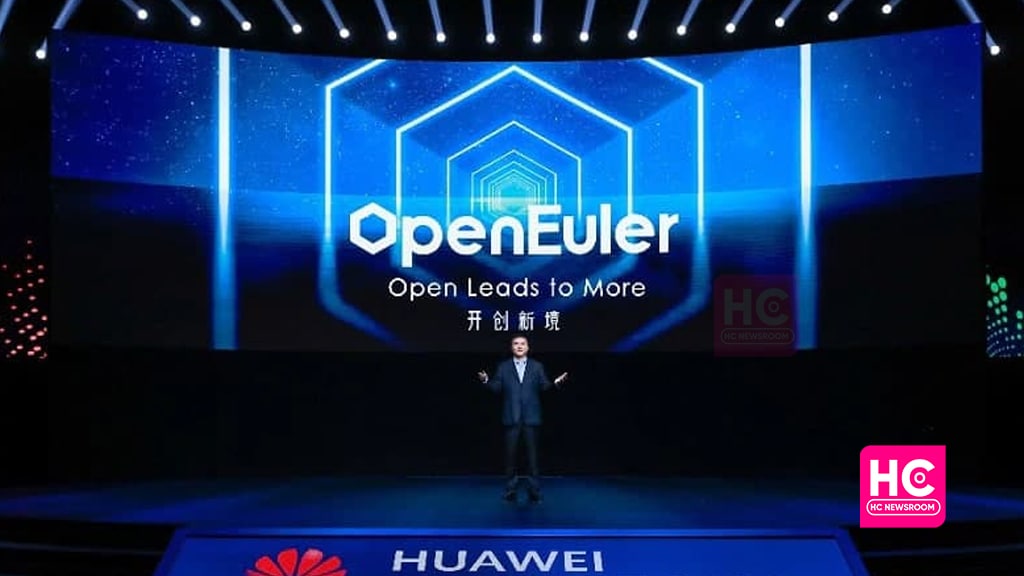Euler
Huawei and OpenEuler releases NFS+ protocol

During the OpenEuler Developer Conference 2023 in Shanghai, Huawei and OpenEuler released the NFS+ protocol to achieve single-client access to NAS. It improve storage reliability 3 times and performance increased by 6 times, helping NAS storage to fully meet the high standard requirements of new production core scenarios.
In the era of digital transformation, the value of unstructured data continues to increase. A large number of files are added to the production business of industries such as finance, large enterprises, and medical care, requiring NAS storage.
This is to comprehensively improve performance and reliability and to cope with new changes when the file business enters the core of production.
Luo Xianqiang, the senior architect of Huawei storage, said that when the host side accesses NAS storage through the traditional NFS protocol because the host can only access the storage through one mount point.
The host cannot access it when the network or link fails, and the reliability is insufficient. At the same time, the performance of a single mount point is limited by the performance of a single physical link, and there is a performance bottleneck for important services.
In addition, when the host accesses the active-active NAS storage through the three-tier network, the host cannot perceive the storage failure, and the service cannot be switched automatically.
To face the above key challenges, Huawei and OpenEuler launched a new NFS+ protocol. It is built in the OpenEuler operating system, and does not modify the data plane of the operating system. Or occupy the CPU resources of the host, and only adds multi-pathing functions on the control plane.
Through three major innovations, it realizes automatic switching within seconds of cross-control, cross-device, and cross-site failures, so that the NAS storage access performance is increased by 6 times, and the reliability is increased by 3 times.
Innovation 1:
- IO path software and hardware failures, second-level switching. A single NFS mount point uses multiple IPs for access, and multiple links are established between the client and the server to solve reliability issues across controllers and sites.
Innovation 2:
- Multi-link aggregation to improve concurrent access capabilities of hosts. Network card port/multi-network card/multi-node aggregation greatly improves host access performance.
Innovation 3:
- The industry’s first three-layer network active-active path automatic switching, lower-layer storage failure or host-side IO timeout, and cross-site AA active switching, to solve the problem of cross-engine failure and host unawareness.
Huawei has joined hands with openEuler to build the NAS ecosystem, creating an NFS+ protocol with doubled performance and reliability, helping to comprehensively improve NAS storage performance and reliability, providing customers with highly reliable, high-performance, and easy-to-operate NAS storage solutions, and accelerating digital transformation.






